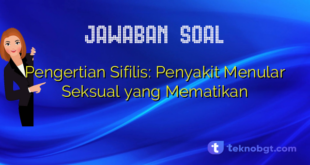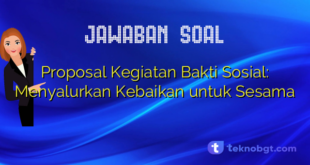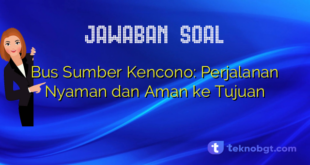Have you ever visited Bali and found it difficult to understand the polite language used by the locals? Fear not, as we are here to guide you through the world of Krama Alus, the formal language spoken in Bali.
What is Krama Alus?
Krama alus is a polite form of Balinese language used in formal settings such as religious ceremonies, traditional events, and interactions with the older generation. It is a language that reflects the respect and gentleness of Balinese culture.
The Importance of Learning Krama Alus
In Bali, the use of Krama Alus is a sign of respect and good manners. It is always appreciated when foreigners make an effort to speak the language. Not only will it enhance your experience in Bali, but it will also help you connect better with the locals.
Basic Vocabulary
Here are some basic words and phrases in Krama Alus that will help you understand and communicate better:
– Selamat pagi (Good morning)
– Suksma (Thank you)
– Matur suksma (Thank you very much)
– Om swastiastu (Greeting used in Balinese Hinduism)
– Niki suba (How are you?)
– Suba becik (I am fine)
Sentence Structure
The structure of a sentence in Krama Alus is different from the Indonesian language. Here are some examples:
– Indonesian: Saya suka Bali.
– Krama Alus: Tiang matur suksema ring Bali.
– Indonesian: Apa kabar?
– Krama Alus: Niki suba?
Pronouns
Pronouns in Krama Alus are different from the Indonesian language. Here are some examples:
– Indonesian: Saya
– Krama Alus: Tiang
– Indonesian: Kamu
– Krama Alus: Ida
– Indonesian: Dia
– Krama Alus: Ida Sangsaya
Politeness Levels
In Krama Alus, there are different levels of politeness depending on the situation and the person you are talking to. Here are some examples:
– Ngoko: Used for informal situations or when talking to someone of a lower status.
– Madya: Used for semi-formal situations or when talking to someone of the same status.
– Krama: Used for formal situations or when talking to someone of a higher status.
Examples of Politeness Levels
– Ngoko: Niki suba? (How are you?)
– Madya: Ida suba becik? (How are you?)
– Krama: Ida Sangsaya suba mangkin? (How are you?)
Conclusion
Learning Krama Alus can be a challenging but rewarding experience. It is a way to show respect and appreciation for Balinese culture. By understanding the basic vocabulary, sentence structure, pronouns, and politeness levels, you can communicate better with the locals and enhance your experience in Bali.













